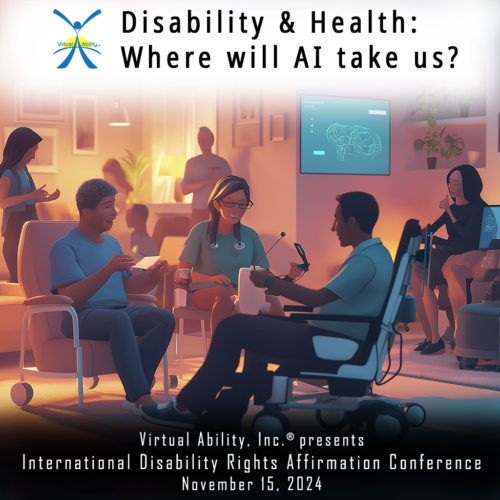
Virtual Ability, Inc.® presented the 13th Annual International Disability Rights Affirmation Conference (IDRAC) on Friday, Nov 15, 2024.
This annual professional conference was held online, and was free and open to the public.
The conference took place in Second Life® at The Sojourner Auditorium on Virtual Ability Island.
The conference was also Live Streamed on YouTube.
Our theme this year was “Disability & Health: Where will AI take us?” Artificial Intelligence (AI) is an area of current research interest and regulatory concern. It holds both promise and peril for people with disabilities and healthcare in general. The utility and problems of AI differ for people with different types of disabilities. This conference offered a quick look at this broad topic. We experienced lively discussions and information sharing among presenters and our very interested and interactive audience.
Below is the schedule of the presenters from different parts of the world who shared their thoughts and predictions about AI, Disability and Health.
IDRAC 2024 Schedule of Events
All times are Pacific Time Zone / SL Standard.| Friday, November 15 | |||||
| Time | Name | Institution | Title | Presentation Summary | Transcript |
| 7:00 am | Denis R. Newman-Griffis | University of Sheffield | Artificial intelligence and disability data justice: representing human function and disability in AI systems | Artificial intelligence technologies offer opportunities to profoundly reimagine the way disability and the experience of human functioning are represented in health data and health policy. At the same time, current data and AI systems reflect very limited views of disability, and use of AI without critical reflection can further entrench ableism into everyday algorithms. Drawing on empirical research in building AI systems and critical analysis of AI design, this presentation will highlight everyday decisions affecting how disability is represented in AI systems and how disability-led approaches to AI can chart a path for more just disability data. | Newman-Griffis Transcript |
| 8:30 am | Panel: Nicholas Lesica Sahrish Panjwani-Charania | Panel Discussion About AI and Disability | The members of this panel have done research on the utility and impact of AI on different types of disabilities: motor, mental, and sensory. | Panel Transcript | |
| 9:30 am | Rose Hill | Crisis Connections | Interview with Rose Hill | Ms. Hill will talk about her observations about artificial intelligence and the mental health of youth. | Hill Transcript |
| 10:30 am | Muhammad Mamdani Amol Verma | University of Toronto | The Promise and Pitfalls of AI in Medicine | This presentation will provide a basic overview of artificial intelligence (AI) in medicine and its applications using real-world examples. It will also highlight potential challenges with developing and deploying AI solutions in realizing societal benefits and minimizing risks for potential harm. | Mamdani and Verma Transcript |
| 11:30 am | Cynthia Calongne | Colorado Technical University | Interview with a Surprise Guest | Dr. Calongne’s well-known avatar, Lyr Lobo, will interview her surprise guest, who is an expert on artificial intelligence. | Calongne and Pi Transcript |
| Noon | Break! | ||||
| 12:30 pm | Carol Miller | Penn State | Artificial Intelligence to Support Speech-Language Services | The National AI Institute for Exceptional Education was created in 2023 to develop artificial intelligence (AI) solutions that will help speech-language pathologists (SLPs) provide services for school-age children. AI can help them with tasks that are time-consuming and tedious, freeing them to spend more time directly serving children. We aim to expand the capacity of SLPs for screening and intervention through automatic speech recognition, synthesizing video and audio information, interactive robots, and more. | Miller Transcript |
| 1:30 pm | Kate Glazko | University of Washington | An Autoethnographic Case Study of Generative Artificial Intelligence’s Utility for Accessibility | With the recent rapid rise in Generative Artificial Intelligence (GAI) tools, it is imperative that we understand their impact on people with disabilities, both positive and negative. Through our research at UW CREATE, we have found that GAI poses both risks to disabled people due to bias in activities with real-world impacts such as resume screenings. Yet GAI also presents exciting opportunities to further accessibility and inclusion. In this talk, we will introduce UW CREATE and present two of our research studies that explore the intersections of generative AI and disability. Our findings demonstrate a wide variety of potential accessibility-related uses for GAI while also highlighting concerns around bias, verifiability, training data, and false promises. We will wrap up with an open-ended, group discussion of GAI’s impacts on accessibility and inclusion. | Glazko Transcript |
IDRAC 2024 Speaker Biographies
Biographies are listed in order of presentation.| Speaker | Speaker |
|---|---|
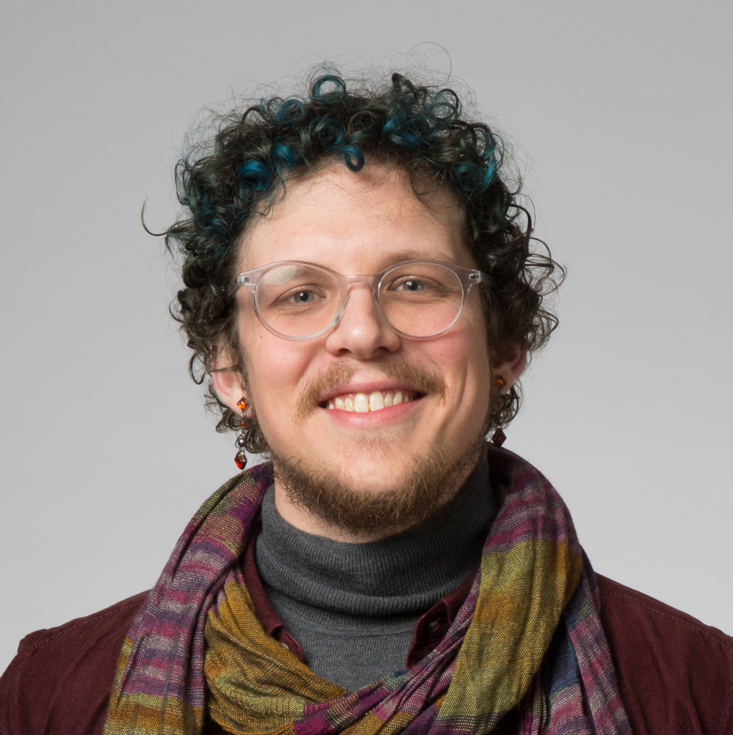 Denis R. Newman-Griffis | Dr Denis Newman-Griffis (they/them) is a Lecturer/Assistant Professor of Data Science at the University of Sheffield (UK) and a proudly queer and neurodivergent academic. Denis’ research and teaching focuses on responsible use of artificial intelligence in practice, with a particular focus on health and disability. They aim to build open and inclusive international community around ethical and effective use of AI to better inform health, disability, and data-driven understanding of being human. |
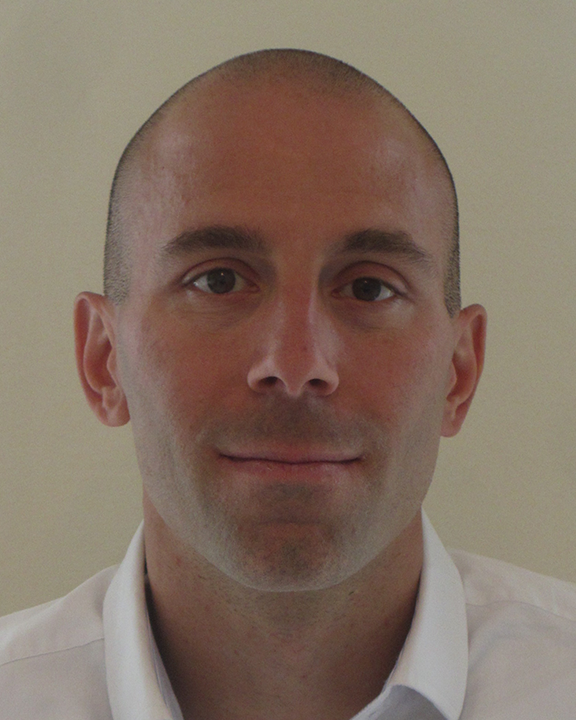 Nicholas Lesica | Nicholas Lesica is Professor of Neuroengineering at the Ear Institute, University College London (UK). His research has focused on understanding how neural networks process sound in the brain. His group develops experimental and computational tools to aid individuals with hearing loss. |
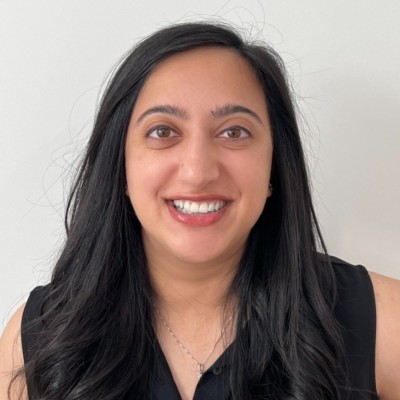 Sahrish Panjwani-Charania | Sahrish Panjwani-Charania is pursuing a PhD in science education. She is an instructional coach supporting high school interrelated special education teachers with Gwinnett County Public Schools, Georgia. She is also the project manager for Proportionate Shares, which develops resources for students with disabilities in private schools or homeschooled. |
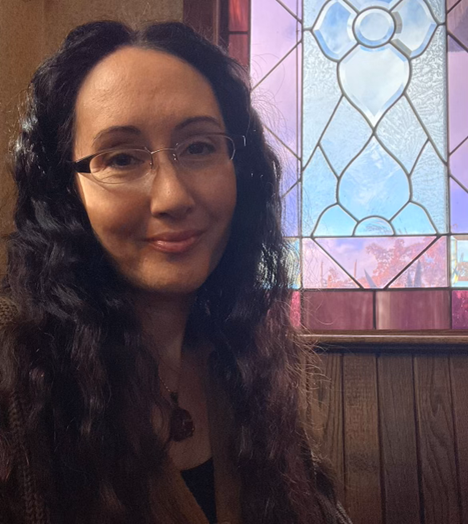 Rose Hill | Rose Hill, MLIS, CPC, SUDP-T, is a Certified Peer Counselor with a focus in trauma and crisis counseling. She is in her final year of a Master’s in Clinical Mental Health Counseling graduate program. She has extensive professional and lived experience with a wide range of therapy modalities with specialized training in relational therapy, somatic therapy, existential therapy, psychotherapy, CBT, DBT, EMDR, and crisis intervention. She is currently an OUD specialist at Crisis Connections in Seattle, WA |
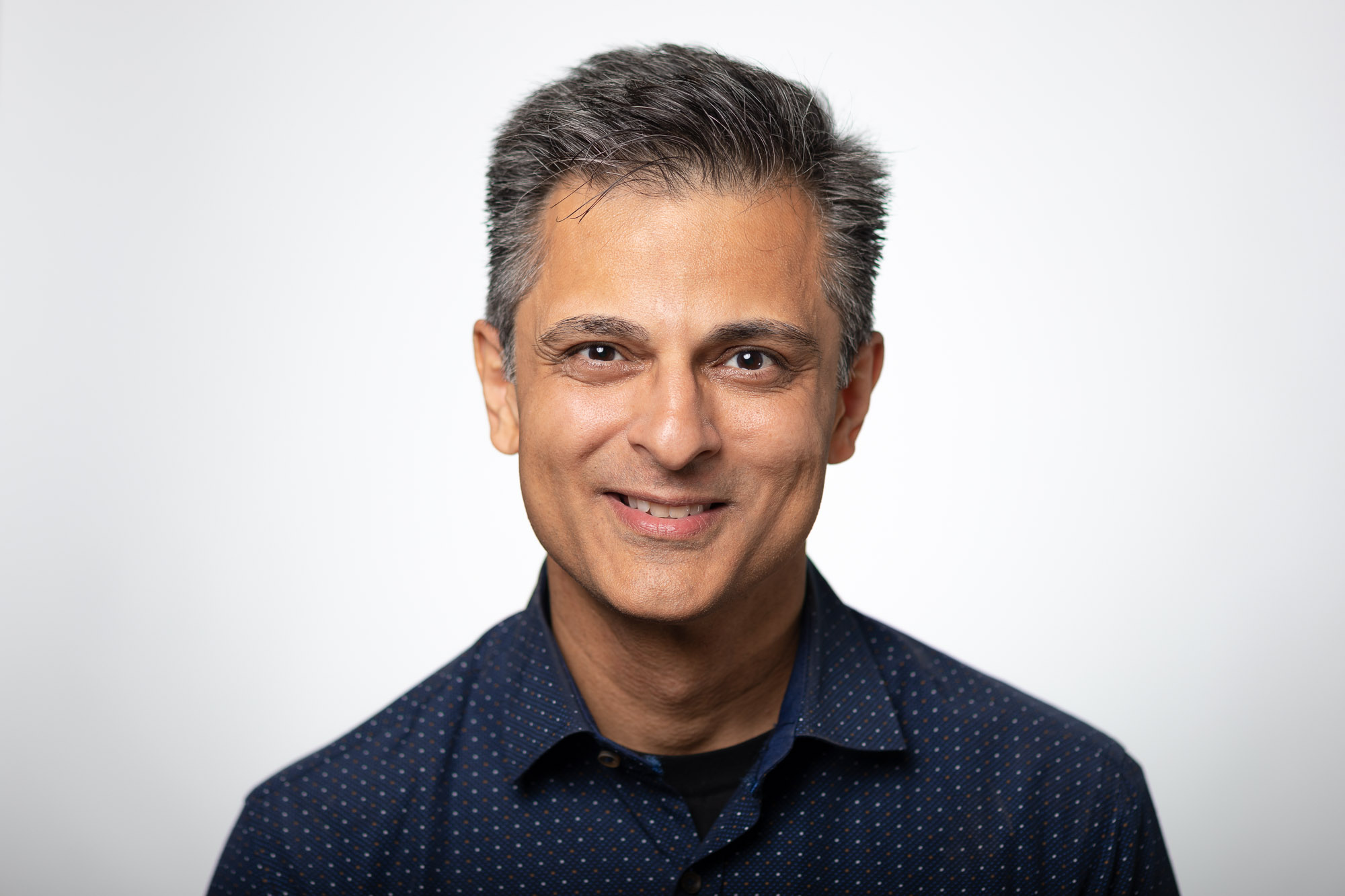 Muhammad Mamdani | Muhammad Mamdani, PharmD, MA, MPH, is Vice President for Data Science and Advanced Analytics at Unity Health Toronto. A professor at the University of Toronto, he holds the Odette Chair in Advanced Analytics. He is Director of the University of Toronto Temerty Centre for Artificial Intelligence Research and Education in Medicine (T-CAIREM) and a faculty affiliate at the Vector Institute. |
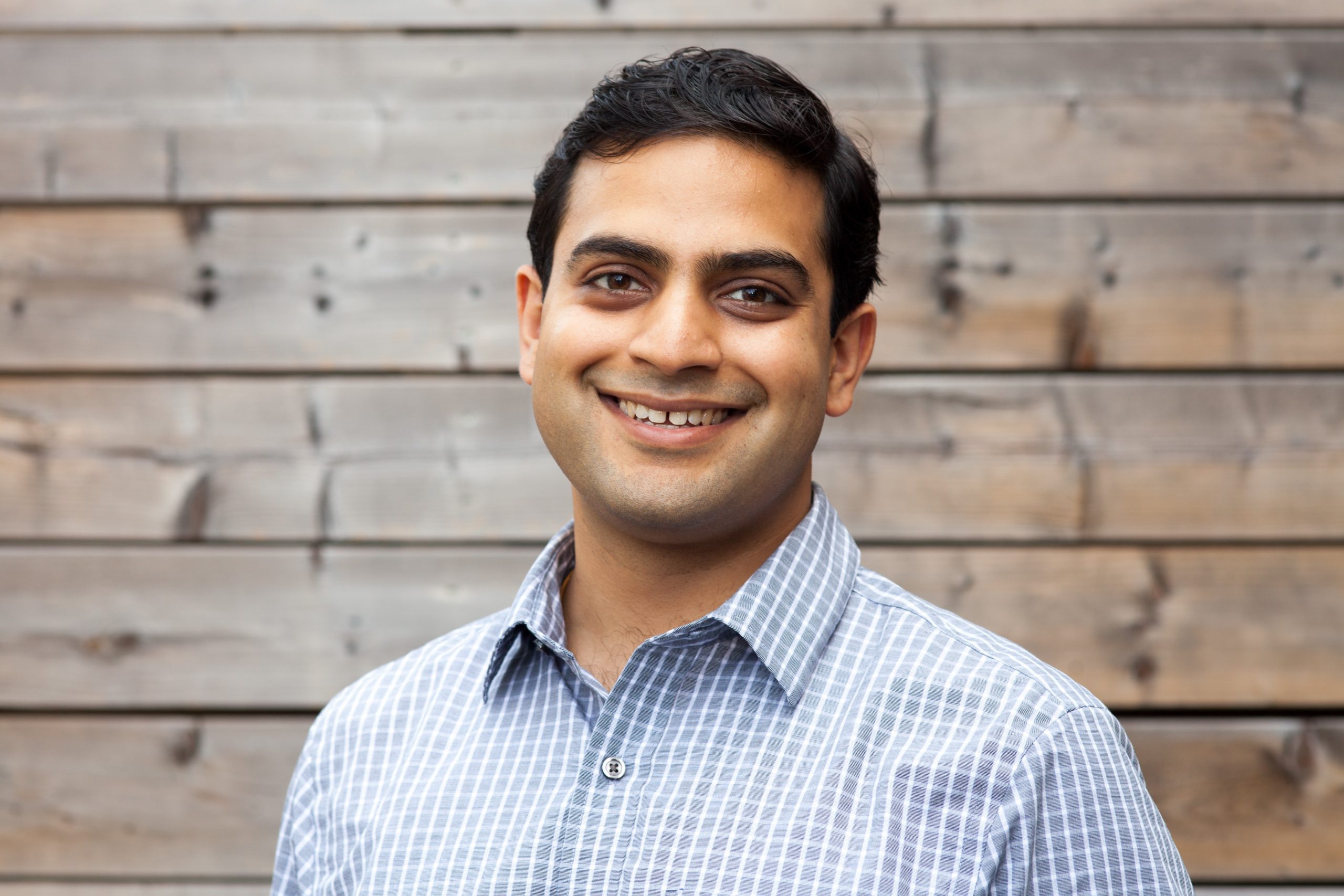 Amol Verma | Dr. Amol Verma, MD, is associated with the St. Michael’s Hospital, Unity Health Toronto; Department of Medicine, the Institute of Health Policy, Management, and Evaluation, and the Department of Laboratory Medicine and Pathobiology at the University of Toronto, Ontario, Canada. He worked on the design and implementation of the CHARTwatch intervention. |
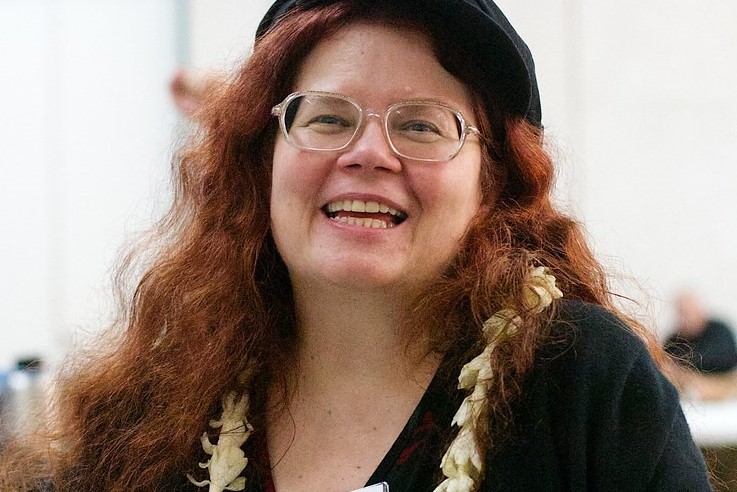 Cynthia Calongne | Cynthia Calongne is Professor Emerita at Colorado Technical University. She teaches doctoral AI and computer science. She serves on the board of the Nonprofit Commons as Education Co-Chair, creates AI art for exhibitions in SL and elsewhere, and conducts game simulation research at Virtual Harmony using OpenSimulator. |
 Carol Miller | Carol Miller, whose work focuses on language development, is a professor of communication sciences and disorders at Penn State. She is a member of the AI Institute for Exceptional Education's subgroup on learning science for children with disabilities. |
 Kate Glazko | Kate Glazko is a graduate student in the Paul G. Allen School of Computer Science and Engineering at the University of Washington. She has presented at and has papers published for the Association of Computing Machinery, which is a leading industry association for computer scientists. |
